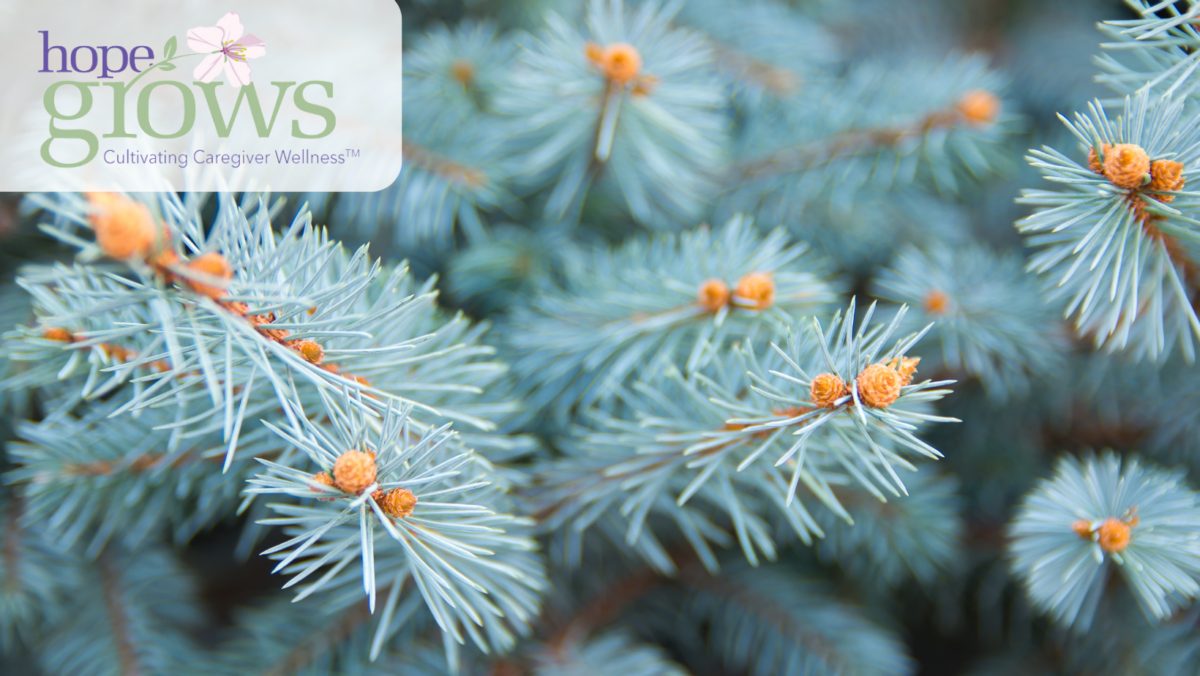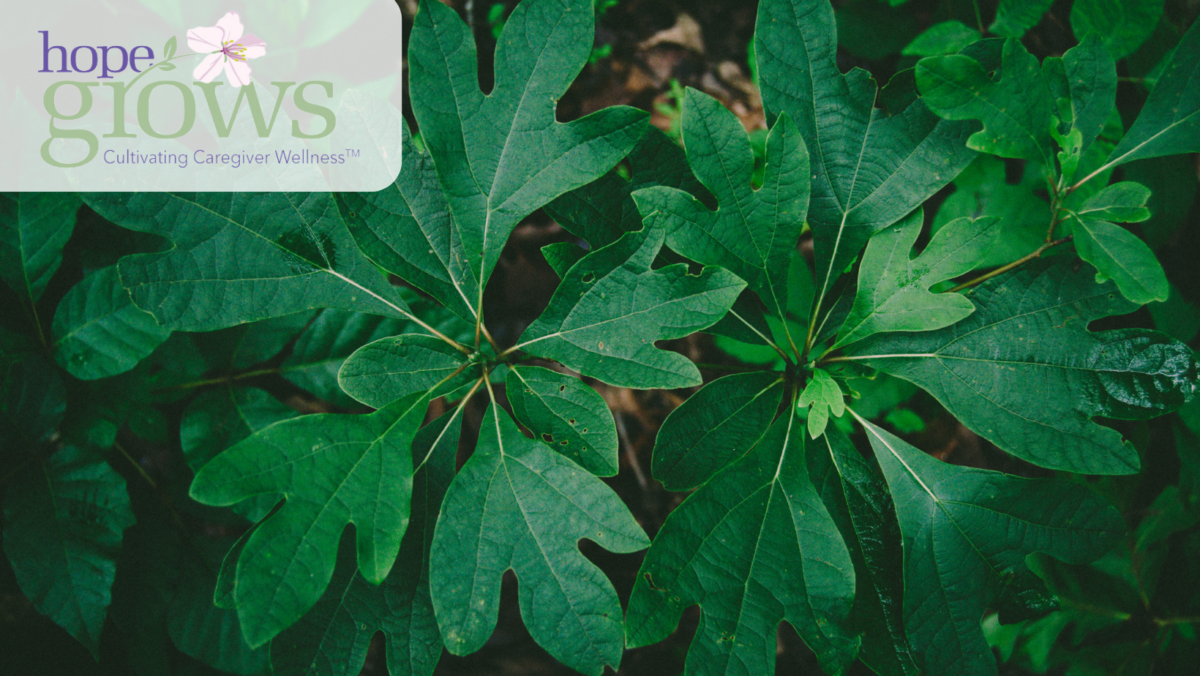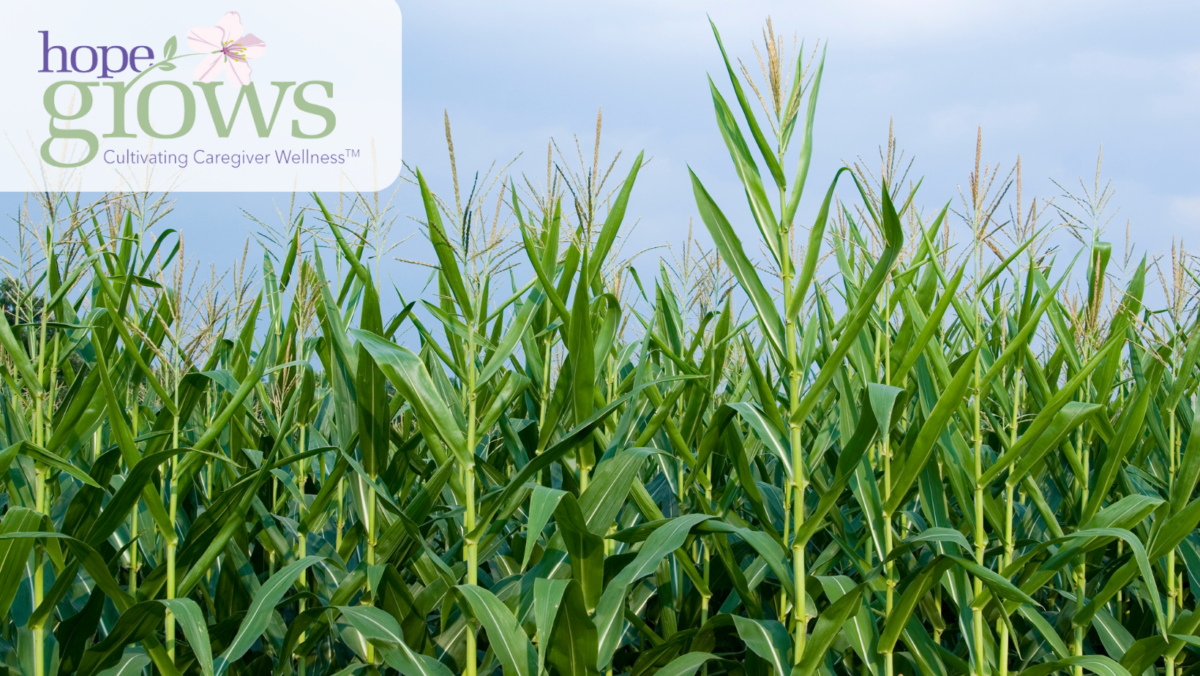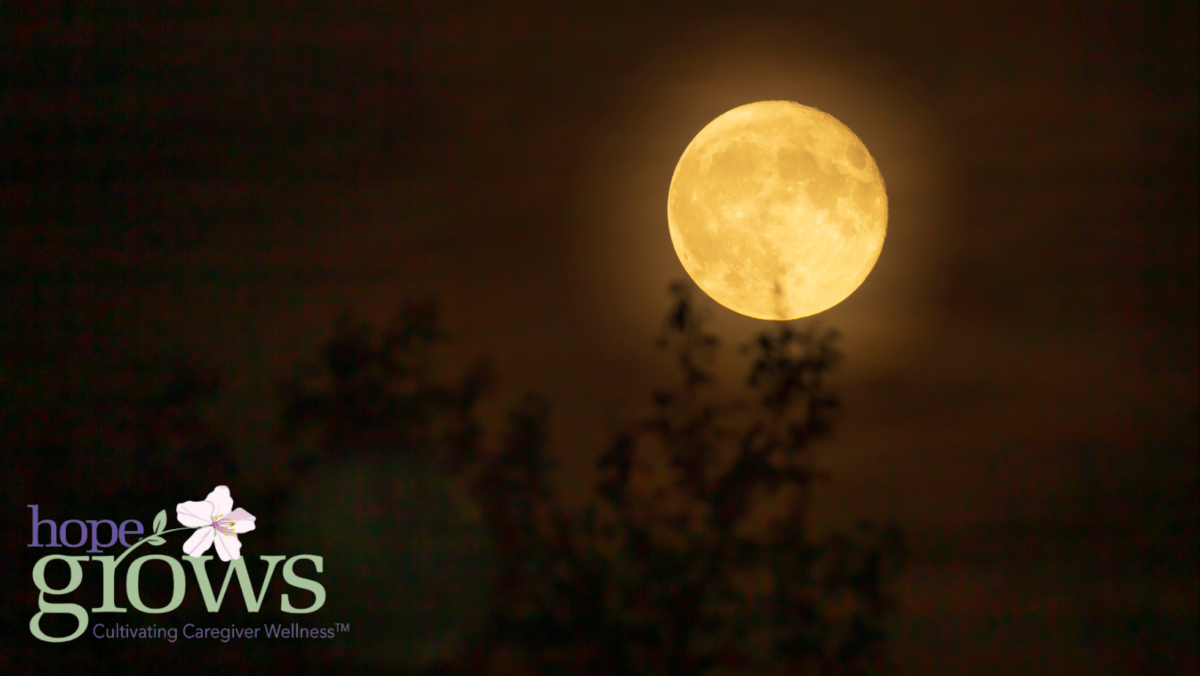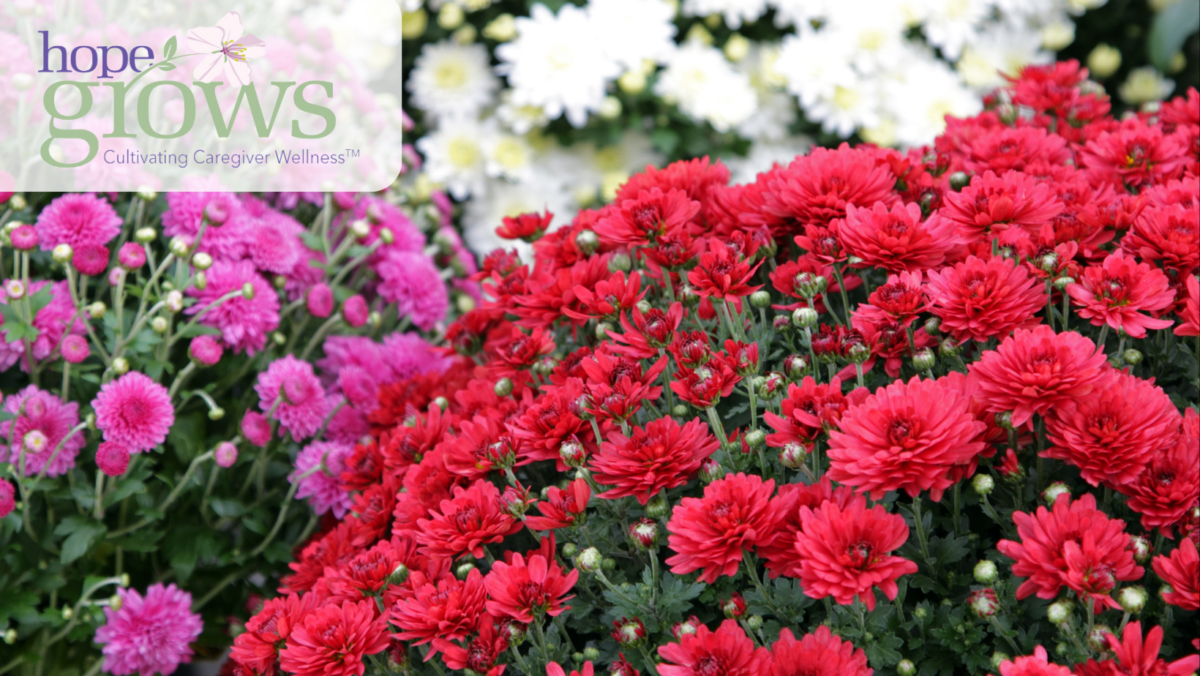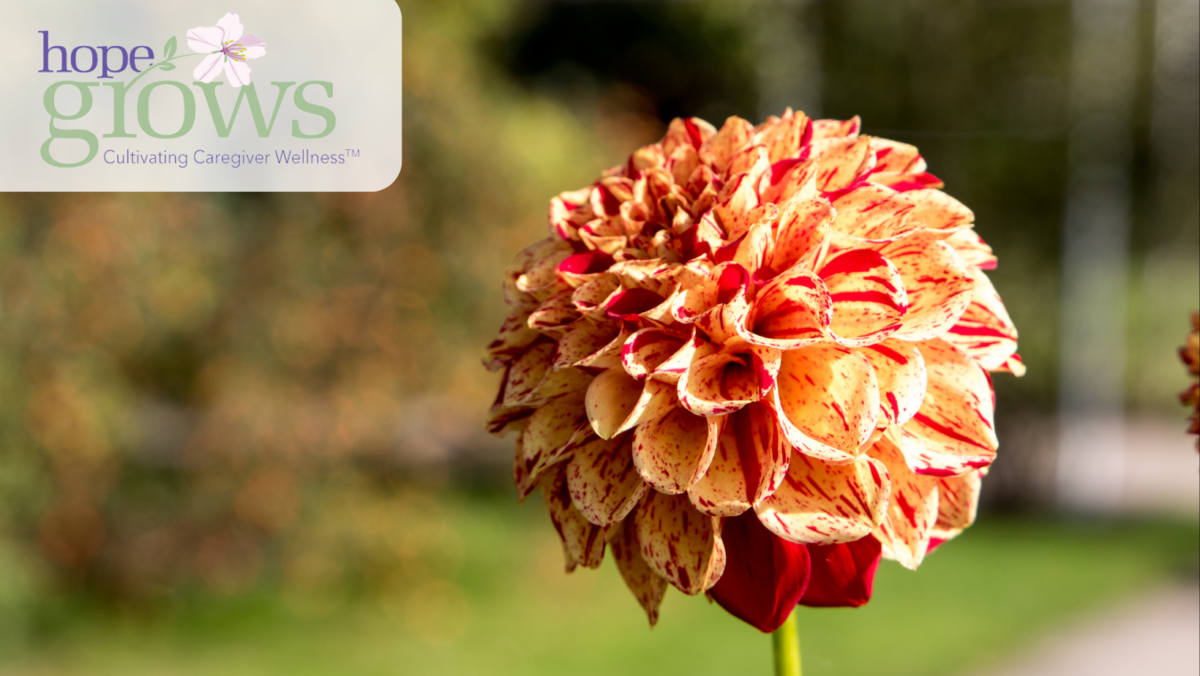Closing Current Doors to Open New Ones
If you follow my blog posts and the story of Hope Grows, you may remember the spiritual and divine part of the beginning of the mission. I was always a person that when a door closed in front of me, (not literally, but figuratively), I would stand behind what occurred and wonder what I did wrong, what could I have done differently, or what do I need to improve in myself to have made the opportunity work. Basically, I was hard on myself.
As the story goes: after my dad’s death, he appeared in a dream to me, and upon wakening, the first thing I said was, “Hope Grows.” I then would talk to his spirit and ask for guidance in making sense of his visit. Soon after, the idea of supporting family caregivers and grief and loss was born, and I began building the mission/vision of Hope Grows. During that time, the one thing I changed about myself was not deliberating over a “door being closed.” When an opportunity became unsuccessful, I asked, “Dad, show me the open window.” Sure enough, something would present itself without much effort behind it.
Closing current doors to open new doors (or, in my case, new windows), speaks to the often-challenging decisions we make when we choose to leave behind familiar situations, routines, or relationships to allow room for new possibilities. It’s a process that involves understanding what no longer serves you, or what may be holding you back, to make space for what could propel you forward.
As we wind down the year of 2024 and consider any New Year’s resolutions, lets talk a bit more about wrapping up the year with the message of letting go; it can be both daunting and deeply freeing. Charging forth into the new year with a fresh perspective requires a bit of intention.
An end-of-year reflection can help us release missed opportunities and unmet expectations. This is essential in freeing us from holding on to something that isn’t working. In looking back at my visitation (dream) from my dad, the spiritual awakening that had occurred brought courage to let go of what wasn’t working. In this case, the pain of losing him, the loss of identity I was feeling, and the need to create something bigger than myself; this had many highs and lows. No doubt, my experience was divine, as there is more to the story, but I found the strength to let go of my attachment to how things “should” have been and I reclaimed an energy and a focus, built from the love for my dad, his love for nature, and my mother’s love for plants and flowers.
I’m not sure that I was acknowledging any missed opportunities or unmet expectations in my life, other than a need to heal from my loss, to move away from how I was viewing me, and just begin to engage in life differently. Retreating to nature to find that peace was what I did and believe me when I say, I met a lot of resistance and faced a lonely path at first. For starters, my family and spouse were not on board at first and, in hindsight, I believe they were acting on their own emotions of fear of losing a mom and wife to something they didn’t understand. I was the matriarch, always making sure their needs were met, and I suppose there was a twinge of egocentricity from them from my new found directive in life.
The more “doors that seemed to be closing” on starting a nonprofit, and designing and implementing the existing healing gardens on the property, the more I felt power, determination, and a reclaiming of vigor and motivation. I trusted in myself more than I ever had in my life, which bolstered my ambition. The motivation was stemmed from envisioning the new path and what I had hope to achieve. To this day, I am still hoping the big vision of this unfolds, with many more Iris Respite Houses & Healing Gardens throughout the country, and achieve the nation-wide support this mission deserves.
As the new year carries a sense of promise for a new door opening, remember that we are all continually evolving. I continue to embrace the concept of when the “door” closes, I ask Dad for the “open window.” So, I invite you to let go of what isn’t serving you and look for the possibilities of who you can become in this life of yours. Embrace the renewal, or the opening of a new door as a gift.
One last thought with nature as a focus: if you need a bit of help, think about the Siberian Fir and the Blue Spruce. They carry wonderful symbolic messages of closing one chapter and opening another. These trees grow in rugged environments, enduring harsh conditions and changes, yet they remain resilient, tall, and majestic. Here are a few ways these trees can inspire the journey of closing a current door and opening a new one:
- Strength & Resilience – like the trees, you also have the strength to endure changes and face uncertainty.
- Rootedness – these trees are deeply rooted and you, too, can be deeply rooted in a new possibility. Focusing on your values and skills that ground you, even as the winds shift when facing changes.
- Evergreen Nature – the fir and spruce are evergreens, symbolizing renewal and the ability to stay vibrant through all seasons. Draw inspiration from this in knowing that letting go is not an end but an evolution of your journey.
- Adaptability & Growth – as mentioned, both trees thrive in challenging climates, demonstrating the beauty of adapting. It is imperative to trust in your ability to adapt and find beauty in the growth.
Above all, don’t forget that using imagery in this way can help you find the potential possibilities in the transition of closing the door and opening a new one.
Letting go our attachment to how things “should” have been can feel a bit like defeat, but trust me when I say it is a powerful way to reclaim energy and focus.
Merry Christmas and Happy New Year! See you in 2025!
Lisa Story, MSCP, LPC, CT
Founder & Clinical Director

